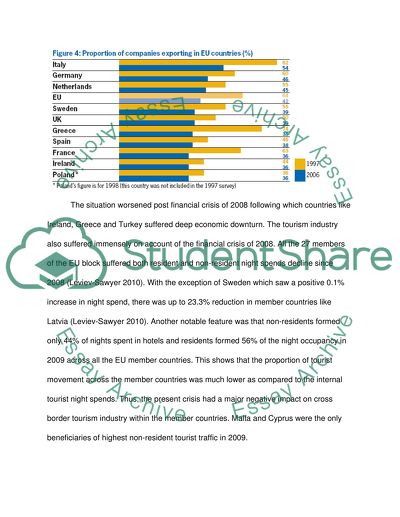Cite this document
(“European Business Research Paper Example | Topics and Well Written Essays - 2000 words”, n.d.)
Retrieved from https://studentshare.org/military/1422031-european-business
Retrieved from https://studentshare.org/military/1422031-european-business
(European Business Research Paper Example | Topics and Well Written Essays - 2000 Words)
https://studentshare.org/military/1422031-european-business.
https://studentshare.org/military/1422031-european-business.
“European Business Research Paper Example | Topics and Well Written Essays - 2000 Words”, n.d. https://studentshare.org/military/1422031-european-business.


